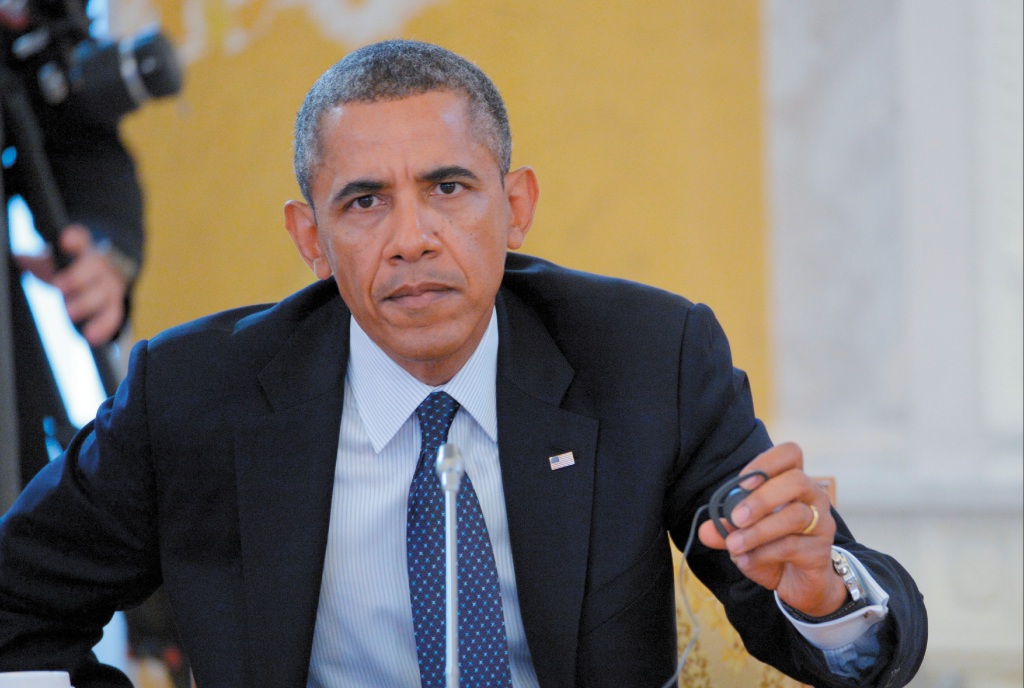Household Bills
Tuesday newspaper round-up: US shutdown, House prices, SSE

US begins shutdown amid budget row; UK house prices ‘to jump 23.7% by 2018’; SSE retail arm falls into red.
The US government will start to shut-down numerous agencies on Tuesday and send tens of thousands of workers home after Republicans and Democrats failed to bridge their differences over the budget. A series of votes in the Republican-controlled House of Representatives and the Democratic Senate left the two sides stuck at the same position at midnight in which they had started the day, with conservatives refusing to pass a short-term budget without a delay in Barack Obama’s health law, the Financial Times reports.
A think tank has upgraded its forecasts in figures that will trigger yet more concern about the long-term effects of the Government’s Help to Buy cheap credit scheme to kick-start the property market. The Centre for Economics and Business Research (CEBR) said prices across the country will rise 2.9% to an average of £225,000 this year, followed by a 3.9% jump in 2014. Between now and 2018, the average UK price will jump 23.7% to a record of £278,000. In London house prices will leap 43.5% by 2018, pushing average values in the capital up to a staggering £566,000, The Daily Telegraph writes.
The boss of one of Britain’s biggest energy companies has threatened to scrap billions of pounds of investment in new power stations and electricity networks if Ed Miliband’s plan to freeze utility bills goes ahead. The written warning from Keith Anderson, the Chief Corporate Officer of ScottishPower, to the Labour leader is the industry’s most explicit threat yet over the consequences of the Opposition’s controversial policy announced last week, The Times says.
Japan’s economic recovery will face a major test early next year after Shinzo Abe, the Prime Minister whose expansionary “Abenomics” has underpinned the country’s Group of Seven-leading growth, overnight announced he would authorise an increase in the national sales tax. He will raise the combined national and regional consumption tax rate from 5% to 8% on April 1st 2014. Earlier, the quarterly “Tankan” survey from the Bank of Japan, which takes the pulse of about 10,500 companies of all sizes across the country, showed that the headline measure of confidence among large enterprises was at its highest level since the final quarter of 2007, the Financial Times explains.
George Osborne has vowed to establish Britain’s first budget surplus in more than a decade in a move praised by business leaders as being “ambitious” and “important”. The Chancellor said the “rainy day” measure, requiring Britain to generate more in revenues and tax yields than it spends, would act as “insurance against difficult times ahead”. “Provided the recovery is sustained, our goal is to achieve that surplus in the next Parliament,” he added, according to The Daily Telegraph.
Scottish Hydro parent company SSE has warned that its retail arm has fallen into the red because of rising wholesale gas prices and a dip in energy demand during the summer. SSE also suffered a setback in its attempts to persuade the UK government to delay a costly energy-efficiency initiative, which critics fear could add more than £100 to bills. The Perth-based utility had been pushing for an 18-month reprieve to meet its targets under the Energy Companies Obligation (Eco) scheme, which is aimed at cutting vulnerable customers’ power bills, but the Department of Energy & Climate Change (Decc) said on Monday that it had no plans to grant an extension to the programme, which has so far benefited almost 174,000 properties, according to The Scotsman.
BP made the 2010 Gulf of Mexico oil spill worse by telling “outright lies”, a New Orleans court heard at the resumption of a trial that could see the firm slapped with £11bn in environmental fines. The second phase of the trial will examine whether BP’s response to the spill was adequate and will also fix the volume of oil deemed to have poured into the Gulf from the stricken Macondo well. And BP came under immediate attack over allegations that it misled federal officials about how much oil was escaping and how successful its efforts to staunch the flow were likely to be, The Daily Mail reports.